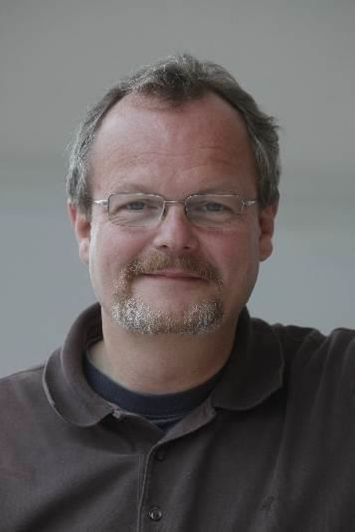E.coli in vitro translation
Authors Name:
Frank Bernhard
Protocol Type:
Author Protocol
Authors Email
fbern@bpc.uni-frankfurt.de
Affiliation
Goethe University Frankfurt, Institute of Biophysical Chemistry
Authors list:
Frank Bernhard, Erik Henrich, Ralf Bernhardt Rues, Fang Dong, Volker Dötsch
Abstract:
Cell-free expression is a key technology for the production of difficult proteins such as membrane proteins or toxins. Complexity of protein synthesis is reduced to the basic translation process and yields in preparative scales of even critical proteins can routinely be obtained [Haberstock et al Prot Expr Purific 2012]. We use a library of well-defined home-made lysates for our expression reactions, having modified proteome compositions adjusted according to special applications. The open nature of cell-free reactions furthermore allows to design target-specific expression environments by supplying ligands, substrates, chaperones or hydrophobic environments for the efficient folding and solubilization of synthesized proteins [Henrich et al FEBS Lett 2015; Hein et al J Eng Life Sci 2014; Schwarz et al Nat Prot 2007]. While the development of basic cell-free expression protocols can relatively fast established, the optimization of product quality in view of complete folding, disulfide bridge formation, stability or complex assembly can become a more complicated process. Our screening portfolio for quality tuning comprises libraries of cofactors, chemical stabilizers and amphiphilic compounds, but also membrane containing nanoparticles such as nanodiscs, salipros or niosomes [Henrich et al Meth Enzymol 2015; Kai et al Meth Mol Biol 2015]. Effects and suitable concentrations of reaction additives are screened either linear or correlated to each other by robotic platforms in 96-well formats. Our main targets are polytopic membrane proteins such as transporters [Waberer et al J Neurochem 2016; Keller et al J Biol Chem 2011], G-protein coupled receptors [Rues et al BBA 2016; Merk et al Biol Chem 2015; Proverbio et al BBA 2013], channels [Focke et al Biochemistry 2017; Rath et al J Biol Chem 2011] or membrane integrated enzymes. However, even larger assemblies such as the 540 kDa ATP synthase complex have successfully been synthesized [Matthies et al J Mol Biol 2011]. In particular, the detailed screening of defined membrane environments in nanodiscs is very efficient for the quality tuning of membrane proteins [Roos et al BBA 2012; Zocher et al ACS Nano 2011]. Cell-free expression even enables complete detergent-free pathways for the structural evaluation of membrane proteins [Nicolaev et al Crystal Growth & Design 2017; Laguerre et al Structure 2016]. Some current applications of cell-free synthesized membrane proteins comprise (i) their engineering and biochemical characterization [Ma et al J Biol Chem 2011], (ii) structural studies by crystallization and electron microscopy [Boland et al Cell Mol Life Sci 2014; Bernhard & Tozawa Cur Opin Struct Biol 2013], (iii) the production of fully or combinatorial labelled samples for NMR studies [LaGuerre et al Structure 2016; Reckel et al Angew Chem Intl Ed 2011], (iv) the analysis of membrane integration mechanisms and complex assembly by native mass spectroscopy [Henrich et al eLife 2017], (v) the development of drug or inhibitor screening platforms [Henrich et al J Biol Chem 2016], or (vi) site-specific labelling for molecular dynamics studies.


Comments
No comment yet.